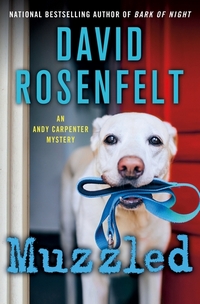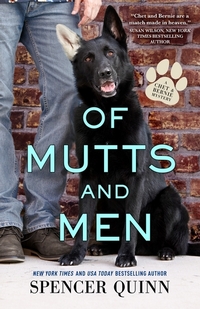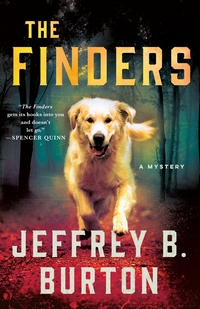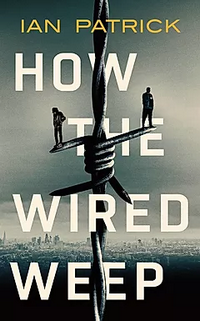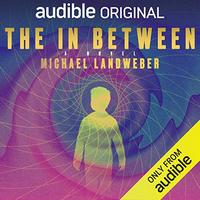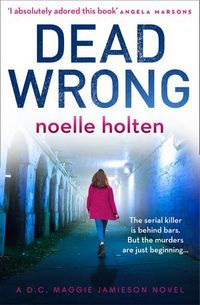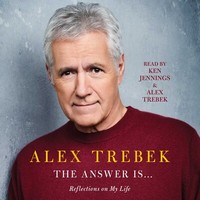 |
The Answer Is . . .: Reflections on My Lifeby Alex Trebek, Narrated by: Ken Jennings, Alex Trebek Unabridged Audiobook, 4 hrs., 35 mins Read: August 3-4, 2020 |

What’s The Answer Is . . .: Reflections on My Life About?
Trebek starts off talking about why he wrote the book at this time, how it’s not an exhaustive autobiography, and really too brief to be a memoir, instead, it’s some sort of French term that I didn’t catch—little vignettes about his life, some brief stories or impressions of a time/place, some are longer reflections about something.
He talks about his childhood, his parents, his education (including feuds with particular teachers—including a petty-sounding beef with a priest he in prep school that he hasn’t totally gotten past), his early days in TV in Canada, moving to the US, and starting on Jeopardy!. He even talks a bit about the impressions that Eugene Levy and Will Ferrell did of him. Beyond that, Trebek discusses the charity works he does, his family, and, of course, his cancer.
He talks a little about American culture and the state of the nation right now (exacerbated by COVID-19), and gets a little more political than we’re used to him being (more political than I think he’s used to being). While I think if he got more detailed and in-depth with his analysis, I’d probably differ with him on the details—but he didn’t, so I could only nod along with him. We need a few million more people saying what he said (and living the way he seems to).
You get a little bit of everything—some is lighthearted, some is heavier, a lot just comes across as a humble and grateful older man reminiscing. Which is exactly what this is.
A Little About the Narration
Ken Jennings was a great choice for narrator—it’s hard to think of either of them without thinking of the other (well, since 2004, anyway). He sounds like a natural doing this and I’d enjoy listening to him narrate other audiobooks (he did the audiobook for his own, Planet Funny, and I bet it sounds pretty good).
But Trebek read a few chapters himself—the one about why he swears so often (it surprised me, too), the one talking about notable Jeopardy! contestants (like Jennings), the one about his wife (Trebek didn’t like the idea of someone else talking about his wife that way), and the last chapter, where he discussed his cancer and coming to terms with his impending death. I understand why he couldn’t do the entire book himself, but I’d have preferred it (nothing against Jennings—I’d have been content with Jennings doing the whole thing). But I’m so glad he did those chapters, you could hear the sincerity in his praise for Jennings, Eddie Timanus, Cindy Stowell, and others; his love for his wife; and the resolution and contemplation he’d put into his final days (hopefully there are many more of them).
I’m still tempted to grab a copy of the hardcover, just so I can see the pictures. But, I’m so glad I got to hear parts of this in Trebek’s own voice.
So, what did I think about The Answer Is . . .: Reflections on My Life?
You can argue that my evaluation of this book is all about sentiment, fanboy-ness, and is devoid of any sense of judging the skill of writing, the depth of insight, or anything like that. I won’t disagree. Trebek’s been a fixture in my life/consciousness for longer than I can really remember. Every time I’ve heard/seen an interview with him (which, admittedly, isn’t often), I’ve been more and more impressed with him. I won’t say he’s a hero/role model or anything, but I admire the guy, respect his work ethic and attitude. I’ve got his Funko Pop figure in my cubicle at work. He’s just…well, like a said, a fixture. So listening to stories about his life tapped into that sector of my subconscious that’s been labeled “Alex Trebek” since I was a pre-teen and he started on Jeopardy!.
This book would’ve had to have been really bad for me not to love it. Thankfully, it wasn’t.
And if you can hear him talk about his wife, his children, his cancer—and the effect that the cancer’s having on his wife and children as he prepares for death without being moved? There’s something wrong with ya. At that point, any thought I had about pretending to be objective and analytical went out the window.
My sole complaint is that it’s four-and-a-half hours long. It’s just not long enough. I get that he wasn’t trying to be exhaustive—and I don’t necessarily want that—but when you start to hear these quick stories about his growing up, his getting established in the business (either in Canada or the States), his friendships…and of course, Jeopardy!—you just want it to keep going for hours and hours. So I dinged it half a star (but it deserves all 5).
I loved this book, I laughed, I was surprised, I chuckled, I learned a little, I got choked up. Can’t ask for much more.
This post contains an affiliate link. If you purchase from it, I will get a small commission at no additional cost to you. As always, opinions are my own.
![]()




